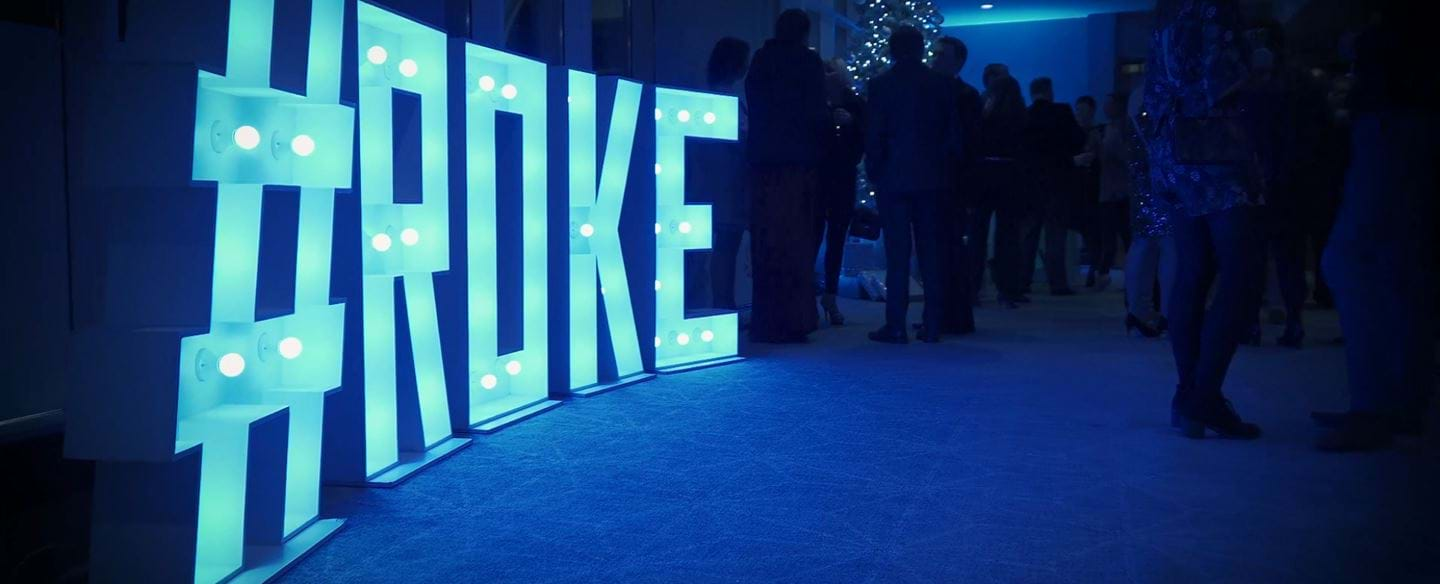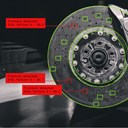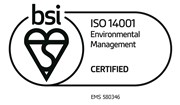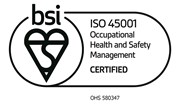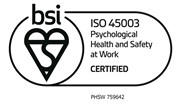
Roke meets
Mark
Advances in vehicle technology are integrating connectivity and automation, providing a wealth of features that drivers and passengers value. However, the complexity of the on-board electronics within the connected systems means they’re also vulnerable to attack. Building consumer trust in both product safety and personal data security is critical.
We caught up with our Head of Profession for Cyber & Networks and Information Assurance and Human Science, Mark to discuss his career, and how Roke is combining our expertise in cyber security, AI and machine learning to design security in to smart transport systems and critical national infrastructure.
Tell us about your entry into the industry
I started getting interested in computers from the age of about 11, and they’ve shaped my career ever since. I studied computer science at university and became a software engineer in the Defence sector after graduating, developing software for radars and navel electronic warfare systems.
After a while I decided to move on and join Roke, where I’ve been for the last 21 years.
How has Roke helped develop your career as an engineer?
I’ve really benefitted from the huge variety of work here at Roke. I’ve worked on so many different projects within our different business units that I feel like I’ve had a bunch of mini-careers during my time here.
I started off working on networking – looking at how we could implement internet networks over satellites more effectively. From there I was able to work on collaborative international research projects on networking and contribute to internet standardisation. It was a totally different type of work, and it meant I also got to travel and meet new colleagues in different countries.
Most recently I’ve spent a lot of time getting our Digital Resilience offering up and running, as well as taking on roles such as being a head of profession, and working on further developing the offers we put out to our customers.
Tell us about our cyber security work in the automotive industry
Based on our experience within the 5StarS consortium, we developed an entire suite of offers designed to secure the future of automotive systems and critical national infrastructure – making sure that many of the things people rely on day to day are cyber safe and secure.
It affects all of us. So many modern cars now have connected features or some sort of self-driving feature, and this is only going to increase. We’re also becoming increasingly more dependent on connected and networked delivery services in order to receive vital goods such as food.
We all depend on these services, and if their systems and networks were to be compromised it would be a real problem.
What are the main challenges in developing automotive security?
If you look at the security world in terms of the IT security problems around securing the computer on your desk, or the phone in your pocket, you realise that while these problems haven’t been definitively solved, there are many accepted methods that are used to combat them.
When you apply the same analysis to a car – think of it as a network on wheels – you find these complex systems are not fully understood yet. They’re constantly evolving and we need to keep ahead of the curve to ensure the safety of drivers and the reputation of manufacturers.
Compared to something hugely complex like an aeroplane, which has a very clear distinction between flight-safety systems and other system, and where a lot of people, including the maintenance team and flight crew manage the system, cars have to work for all of us. Drivers don’t consider cyber security threats to their vehicles. To most people a car is just something that you buy and drive away – asking them to go through a security check every time the get behind the wheel just isn’t going to work. We’re trying to make sure that cars have cyber security built in before they leave the forecourt.
Are there any developments on the horizon in the automotive industry that this work will have to adapt to?
Cars are becoming increasingly autonomous, and many now have self-parking and adaptive cruise control. As this happens we’ll see a wider problem set around the cyber security requirements for future vehicles. It means we’ll have to combine our expertise in cyber security with our extensive work in AI and machine learning.
Car architecture also keeps changing. There’s a push within the automotive industry to change how car electronics work, which may bring a mixture of opportunities and challenges around how we have to secure them.
If we look even further ahead to the rise of smart cities, cars will become just one element of a smart transport system that shares information between the vehicle, other vehicles, the transport network and the city itself to enable us to have safe, efficient, low pollution transport networks. This means an incredible amount of data will need to be secured.
How can the wider cyber security market be improved?
It’s now very important to make sure that people are integrated into security systems – every system involves people one way or another. We need to get better at involving them as they can help us understand how to make sure it is secure to start with, and spot potential issues.
What does Roke do differently to other competitors in this market?
We’re a deeply technical engineering company. What we’re about is not just finding problems, but finding ways of designing and building secure systems to solve them before they start.
